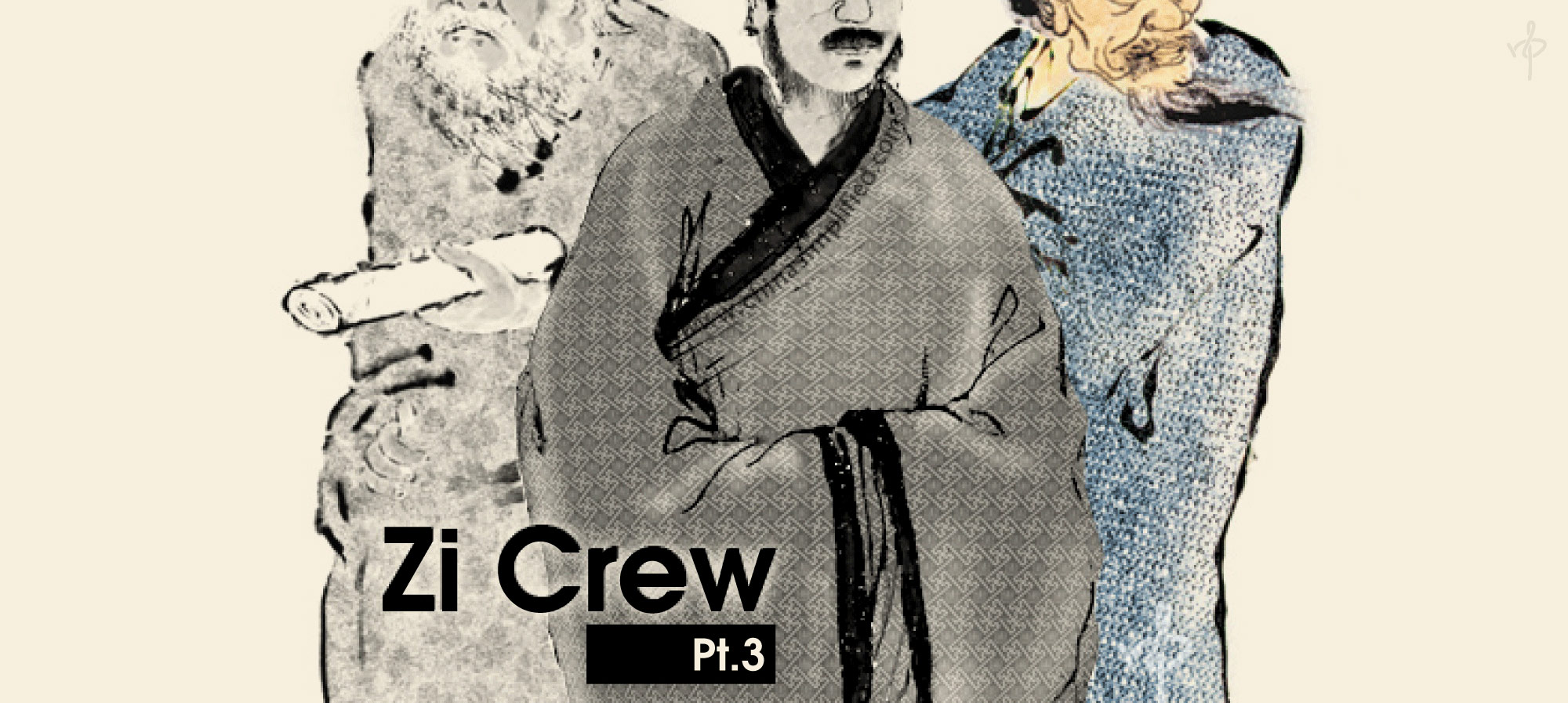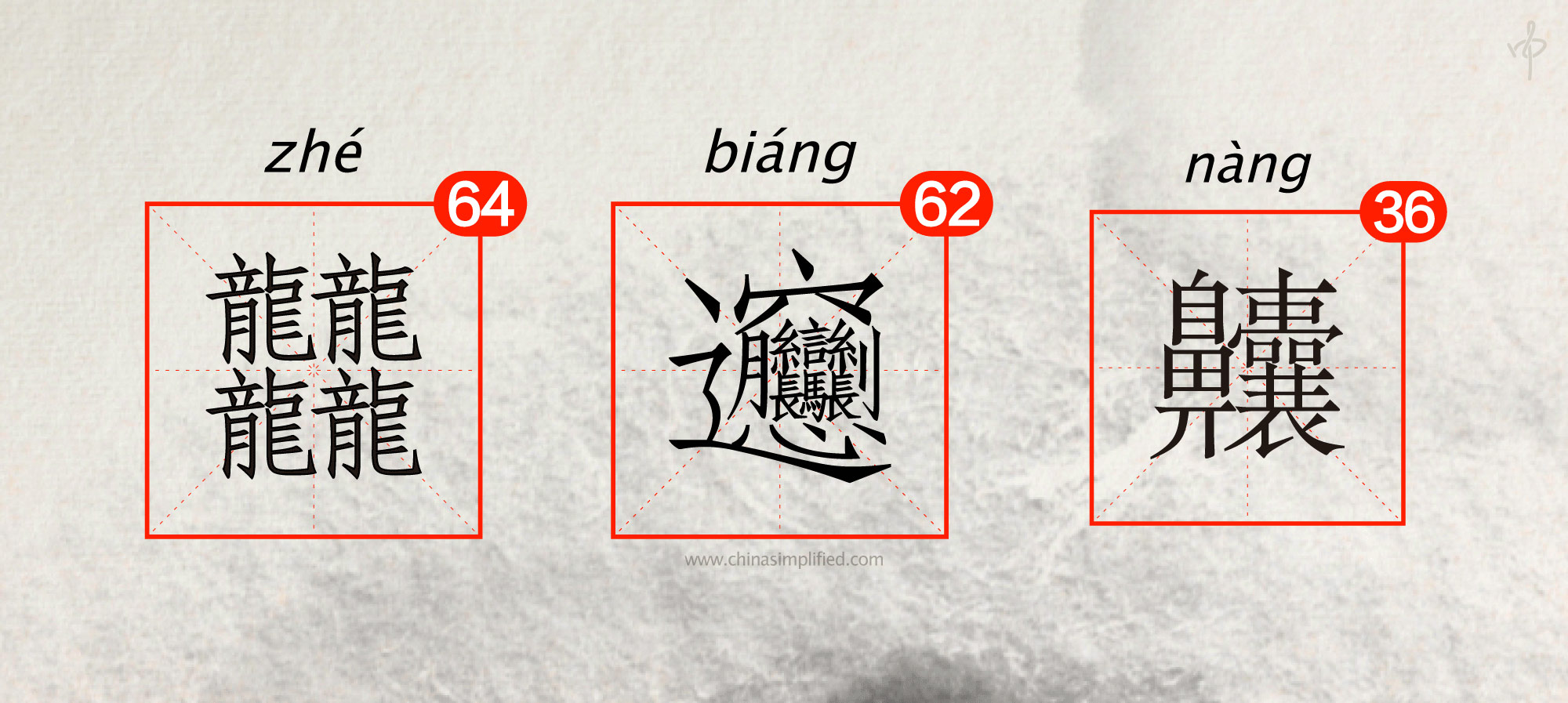The Zi Crew: Philosophers who blew everyone’s mind
“Pure” philosophers weren’t the only thought leaders in pre-Imperial Chinese history. The legendary general Sunzi (孙子, Sūnzǐ, 544-496BC), aka Sun Tzu, created a lasting system of military strategy still widely referenced in both the East and West. Sunzi’s philosophy, although martial in utility and execution, belied a previously untapped way of thinking about war that engages all facets of armed struggle from the strict management of a large army to the crafty execution of the battle plan, and seems to suggest that the ideal general is part Daoist master and part Confucian patriarch.
Intellectual Chinese may object to the mere suggestion that Sunzi belongs in the same discussion as the revered heavyweights Confucius and Laozi. And perhaps they’re right. Indeed, we must look West to appreciate the broader impact of Sunzi’s thinking: His The Art of War (孙子兵法, Sūnzǐ Bīngfǎ) continues to influence more non-Chinese leaders – business, political and military – than any other Zi Crew writing. In their day, there were far more military and political treatises in circulation than philosophical or religious ones. University of Pennsylvania Sinologist Victor H. Mair posits that there must have been a large body of military lore attributed to “Master Sun” that spawned a bevy of competing texts. In other words, as a general trying to get hired by a king, you couldn’t go wrong by quoting Sunzi in your credentials pitch.
His doctrine is all about winning, pure and simple
Sunzi’s doctrine praises efficient victories. The clever general not only wins, but wins with ease. He imposes his will on the opposition while avoiding any imposition of the opposition’s will. In the 20th century, Mao Zedong and Ho Chi Minh would bring Sunzi’s philosophy full circle, using it to effect victories in China and Vietnam.
“If you know the enemy and know yourself, you need not fear the results of a hundred battles.”
– Sunzi
In the 21st century, military theoreticians view China’s rise to power through the lens of Sunzi’s strategic thinking. Some modern communication specialists take Sunzi’s military tenets one step further, suggesting The Art of War is more of a diplomatic playbook, warfare as analogous to persuasion in the battle for hearts and minds, a viewpoint espoused by legions of business consultants who draw parallels between Sunzi’s philosophies and successful leadership practices.
Implications for Today
Sunzi recognized that the opportunity to ‘win’ doesn’t present itself every day. Leaders must stay flexible and fully prepared at all times, keeping their ‘army’ in a defensible position (not losing) and remaining patient for a winning opportunity, through a competitive misstep or a change in market conditions. Seen from a modern perspective, it’s tempting to argue that Sunzi’s thinking is missing something – where’s the overhyped ‘win-win’ outcome?
In his acclaimed book Give and Take: A Revolutionary Approach to Success, Wharton Professor Adam Grant researches ‘givers,’ ‘matchers’ and ‘takers’ in a business environment and shows over time how givers come out way ahead. As we increasingly operate in teams – with the service sector already responsible for nearly two thirds of world GDP – givers will have more opportunity to demonstrate their value and attractiveness as partners. Still, even the world’s sharpest givers need to protect themselves and are easy targets without a keen awareness of negotiating tactics, or a good lawyer. Suggestions on using Sunzi’s principles to find balance in our lives and careers:
| The Art of War concept | Modern Life parallel |
|---|---|
| Winning with an economy of action | Avoiding perfectionism on projects |
| Responding to an infinite variety of changing circumstances | Accepting that life is about constant change (“this too shall pass”) |
| Evading superior enemies and fighting only when victory is assured | Leverage your unique talents to carve out your own creative niche |
| Varying battle tactics between successful campaigns | Approaches that worked earlier in life may need adapting as one ages |
| Not giving the enemy an opportunity to win | When in doubt, don’t force things; wait for your chance to arise |
What real life experiences can you share (in the comments section)
on how you’ve benefitted from applying The Art of War?
Girls on Parade
Perhaps one of the master’s better known anecdotes can serve to illustrate: Sunzi served King Helü of Wu, Sunzi’s home state. One day, the King decided to challenge his general Sunzi’s skills by asking him to train the King’s large harem of concubines to become soldiers. Sunzi proceeded to divide the harem into two groups, and selected the King’s two favorite concubines as their leaders. Sunzi then gave the marching orders. Hearing his first command, the girls laughed and ignored him, which Sunzi attributed to his own lack of clarity. The two giggling girls failed to act on his second command as well, which Sunzi identified as an inability of the officers to obey. Against the protests of the King, Sunzi executed both girls and appointed two new officers. From then on, the marching was perfect.
“There is no instance of a nation
benefitting from prolonged warfare.”
– Sunzi
Part One: Kongzi 孔子 (Confucius) Self-Help Guru
Part Two: 3 Things You Might Not Know About Lao-Tzu 老子 (Laozi)
Part Four: The Zi Crew Gets Bombed on Baijiu










It’s so true, isn’t it, that Sunzi is still relevant today and relevant to every aspect of lie. I like how you ponder on the “win-win” situation and the Wharton professor’s research is enlightening. I love the Zi Crew (more than the J Crew)!
Did you mean “life”? 🙂 I agree! Unlike J.Crew, Zi Crew will never go out of style!